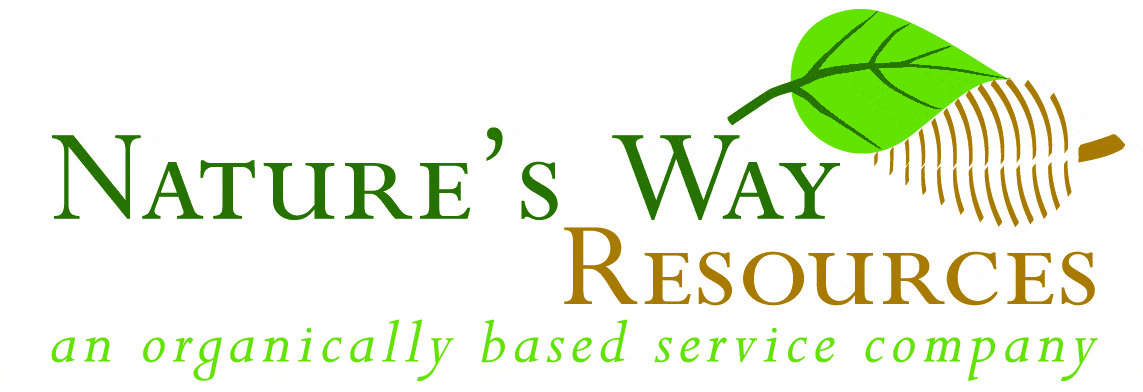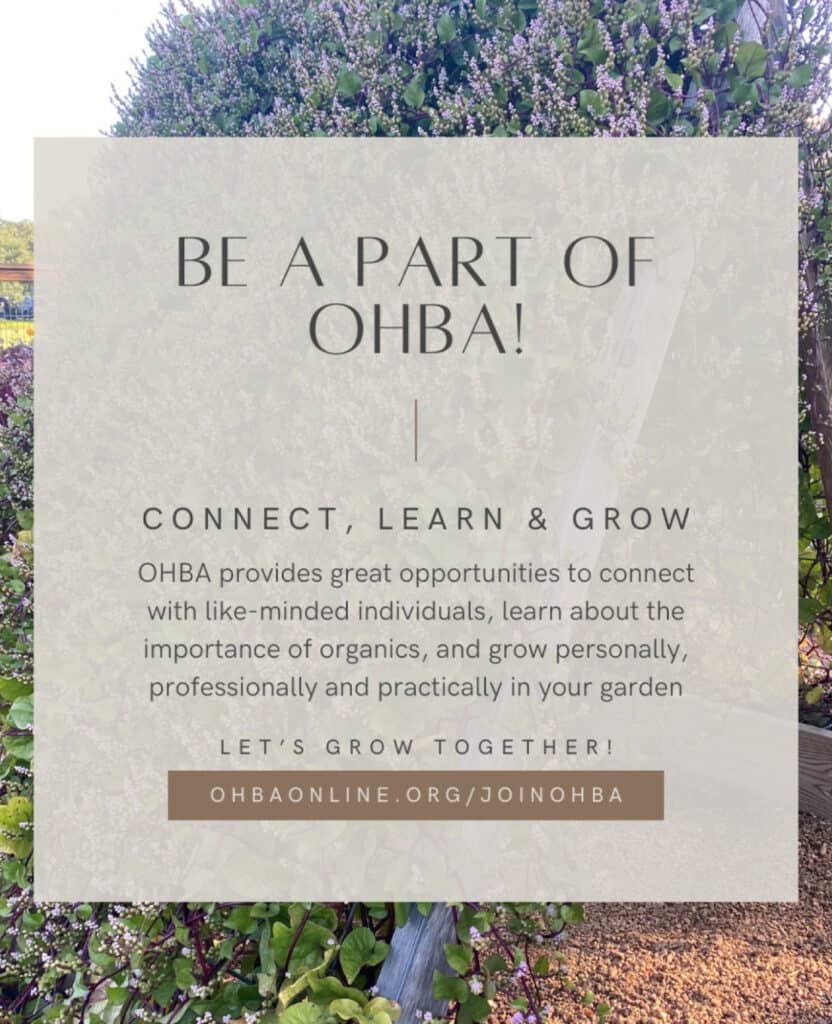John's Corner:
Soil & Plants (Part 61)
News from the Wonderful World of Soil & plants 61
By: John Ferguson
We have talked about the dangers of fluoride for years from harm to soils and microbes to plants and humans. The prestigious European medical journal Lancet, has officially classified fluoride as a neurotoxin. This puts this chemical in the same category of danger as arsenic, lead, and mercury! A recent article in the journal Medscape found that fluoride ingestion (poisoning) affects the gastrointestinal tract. Fluoride when ingested forms hydrofluoric acid in our stomachs which leads to GI irritation or corrosive effects. Once this chemical is absorbed into the body it binds calcium (Ca) ions preventing them from being used by the body causing numerous health problems (for example calcium is required to have strong bones). The herbicide Round-Up (glyphosate) also binds calcium and prevents it from being absorbed and used by our bodies. Tens of millions of Americans suffer from calcium deficient diseases like osteoporosis. The research team in the Lancet article also found that fluoride also contributes to neurodevelopmental disabilities including ADHD, dyslexia, and other cognitive impairments. The Harvard School of Public Health and the Mount Sinai school of medicine has found similar results including a link to autism. More reasons to grow one’s own food continue to increase or at least eat only organic produced food. As reported in the past, if one wants good health they need to filter their drinking water to remove the toxin and do not use or ingest products like toothpaste that contain it.
Food for thought – A problem that gardeners in our area frequently encounter is blossom end rot on tomatoes that is attributed to a lack of calcium in the soil. I wonder is it really a calcium shortage OR is the calcium being tied up and unavailable due to watering our plants with municipal water contaminated with fluoride?
As gardeners we all know about how important bees are to pollinate our food crops and flowers. In the United States we have over 4,000 species of native bees that do not produce honey but they do pollinate a lot of plants. We also know that bees are dying by the millions with various names like colony collapse disorder in honeybees. A study form the Imperial College of London published in the Proceedings of the Royal Society 2018 has found that native bees normally avoid neonicotinoid pesticides. However, once exposed to the poison on their food (pollen) they become addicted to it. Another study by the University of Texas (published in the Proceedings of the National Academy of Sciences 2018) has found that when bees eat pollen from plants treated with the herbicide glyphosate (Round-Up) it kills beneficial bacteria in a bees digestive system. This allows pathogens to grow and makes the bees more susceptible to infection and death. People using these toxic and dangerous chemicals are not only putting the worlds food supply at risk, they are committing a crime against nature (God).
On another note many studies have shown the benefits of essential oils derived from plants. Researchers from the University of Ibadan have found that that oils from lemongrass (Cymbopogon citratus) and oranges (Citrus sinensis) have antioxidant and antibacterial properties. These oils can scavenge free radicals and chelate metals helping the body to remove them (European Journal of Medicinal Plants, 2018). Other oils known to provide health benefits are:
Tea Tree Oil – Melaleuca sp. provide anti-bacterial, anti-fungal and anti-viral activity. Often used to help with skin conditions.
Oregano Oil – this oil works better than many antibiotics, it also exhibits anti-oxidant anti-fungal and anti-inflammatory properties.
Bergamot – this oil has strong anti-bacterial activity and is used to treat many conditions from meningitis, urinary tract infections and mouth ulcers.
The website www.naturalnews.com has many articles on the benefits of essential oils from plants.
Over the years many customers have used compost as a mulch as they like the dark color and it improves the quality of the soil in their flower beds. They also swear that the plants grow better, look healthier and just grow better. A article in the journal HortTechnology (August 2018) on using compost as a mulch on the lettuce plant, has found that not only does compost help suppress weeds, it increased yields in all plants tested. The lettuce also had larger and more attractive leaves.
I am reading a fascinating new textbook right now on fungi titled “Radical Mycology – A Treatise On Seeing and Working With Fungi” by Peter McCoy. One of the chapters is called “The Pharmycopeia” and is on the health benefits provided by fungi. Fungi have been used for thousands of years as medicine and as food. I love the introductory paragraph: “Fungi are the grand healers of the world. Theirs is a medicine of uniting, drawing in, and deep cleansing that tonifies whole ecosystems and raises the vitality of all those with whom they synergize. For the individual, fungi can be worked with in the body ecology to uplift one’s physical and energetic health in powerful ways that are not readily equated by the medicinal plants alone. Indeed, the medicinal yeasts that cover wild fruits and the endophytes that live inside of foraged plants have likely been the source of many of the medicinal benefits long attributed to plants. Invisibly and subtly, the healing power of fungi have always been part of our food and medicines. The history of health is a history of fungi.” I will not go through all 28 pages on the health benefits of fungi but a few tid-bits.
- • Moldy bread is an effective disinfectant that was used for thousands of years. It is from these types of molds that we get the drug penicillin.
- • Fungi collected in the natural environment have far more potent benefits that those that are farmed. Herbalist’s have long noted the difference between wild and cultivated fungi.
- • Breathing spores from fungi that live on pine trees stimulates our felling of well being.
- • Fungi are some of the most nutrient dense foods we have and they taste good. Preparing mushrooms in hot water as in soups and teas, helps release many of the beneficial nutrients.
When I see mushrooms growing in my yard or garden, I count my blessings that these wonderful life forms are cleaning and enriching my soil to make it better for all plants from grass to trees. I just enjoy their beauty as they will be gone in a few days. I cringe whenever I hear someone call into our local gardening shows and want a toxic chemical to get rid of them. Our education system has failed in teaching people about the benefits of nature and natural systems.
Some plant crops, such as oats and wheat, naturally produce very important stable extremely long chain molecules related to sugars that are called medicinal beta-glucans. Beta-glucans strengthen and stimulate our immune system. However, these good sugars have been bred out of these plants as they interfere with the processing of many food products. Hence, we have gone from the beneficial grains mentioned in the Bible (remember the importance of gleaning in the book of Ruth?), to a product (grain), that has lost all its health benefits and now causes health problems for many people. For example Celiac disease is an autoimmune disease characterized by a severe intolerance to gluten. In 1900 wheat only had 1/2 percent gluten and today wheat can have over 20% gluten content depending on the variety. This same breeding has created a worthless food.

